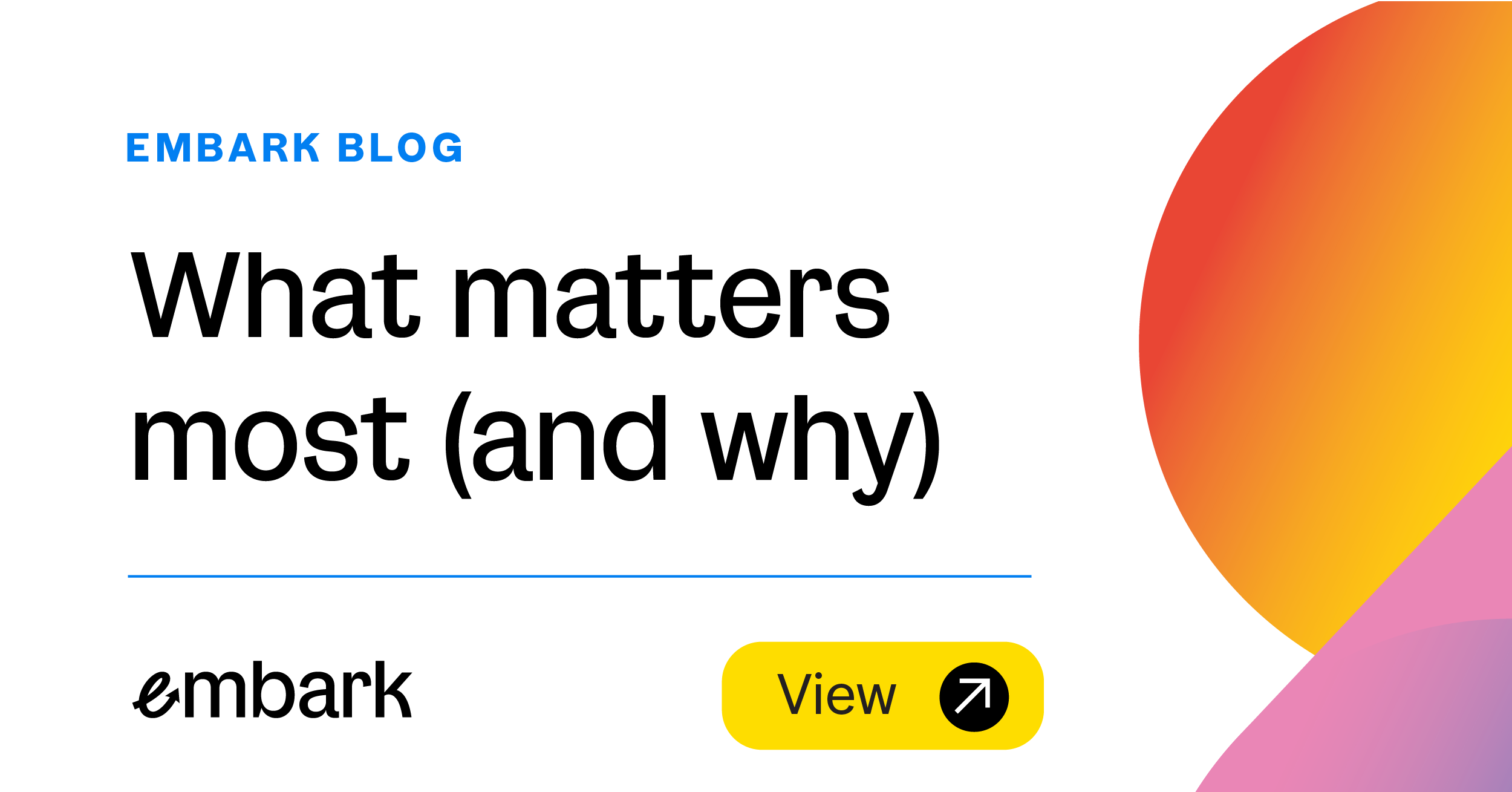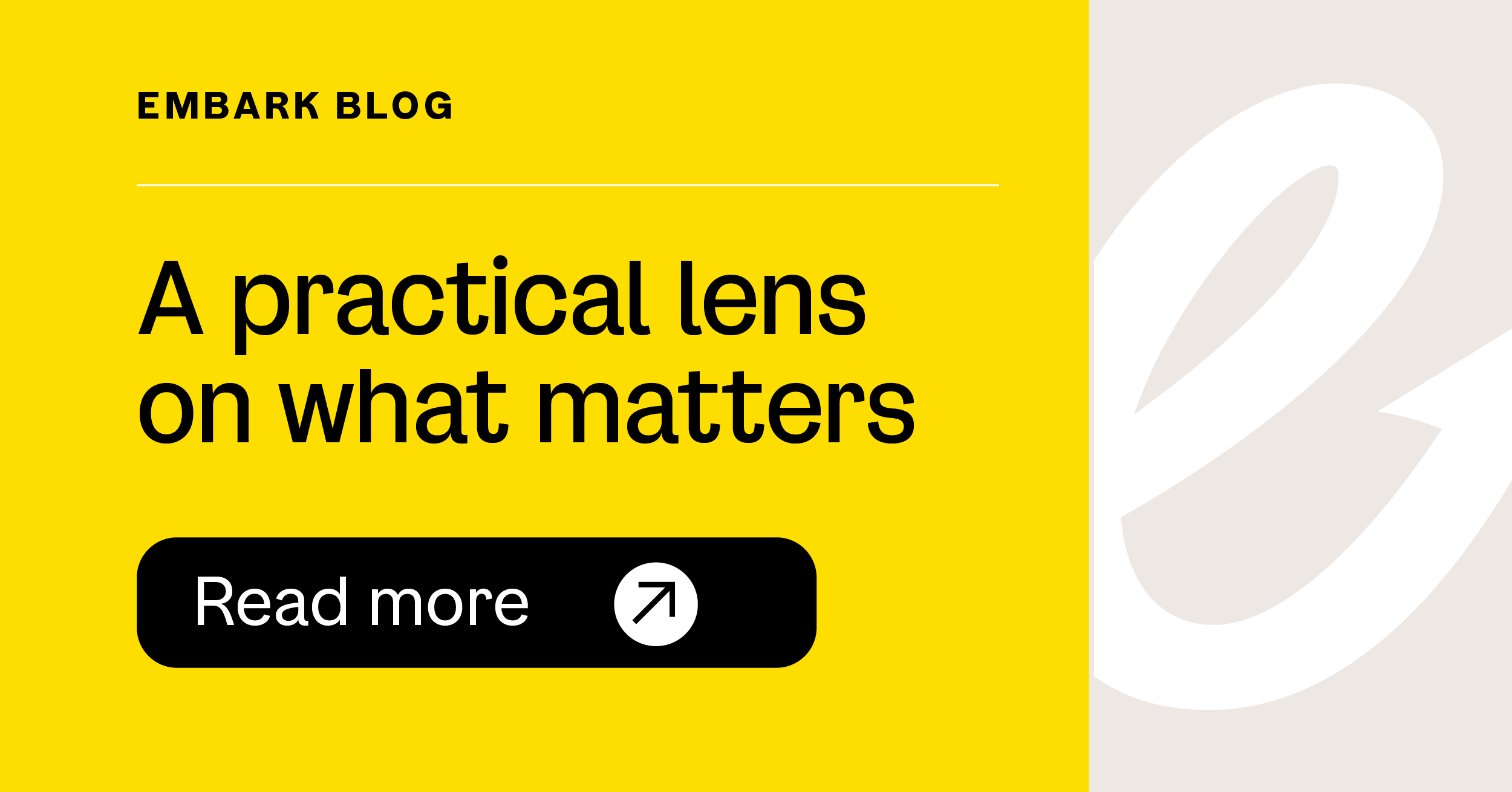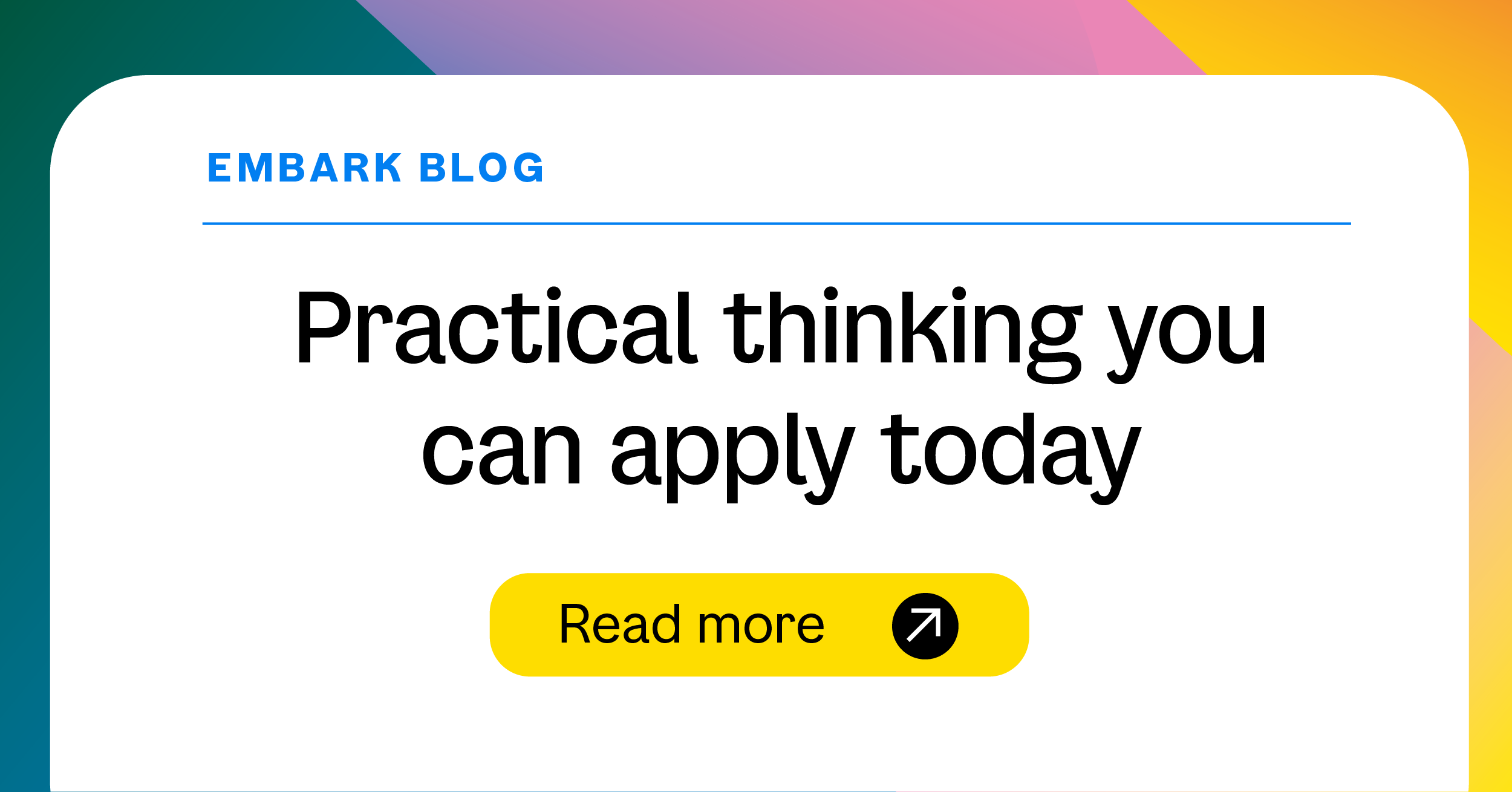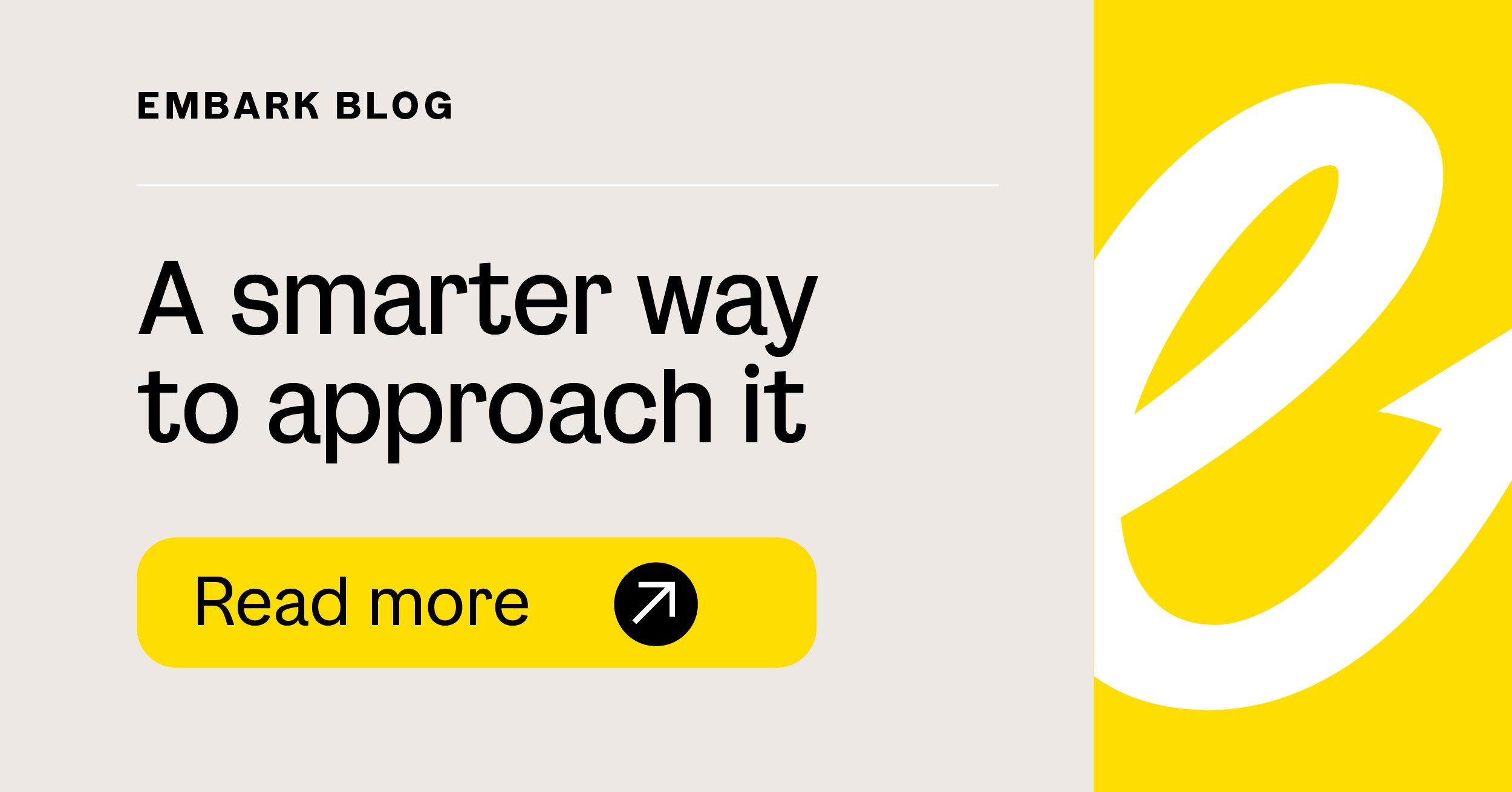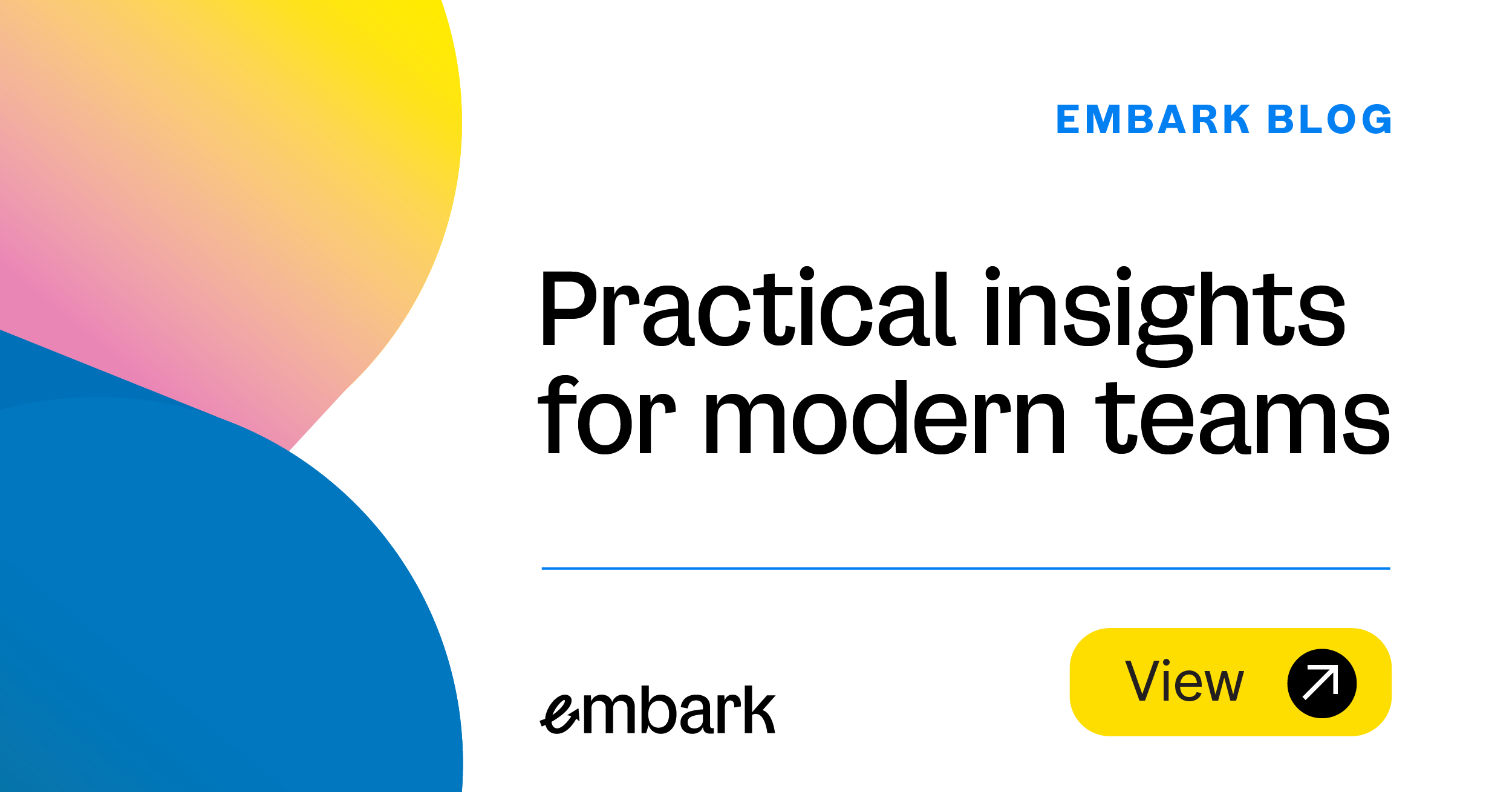Working with consultants isn't a Halley's Comet type of situation, only needing to touch base every 75 years – or thereabouts – to stoke the proverbial fire. In fact, if you want to maximize the benefits of working with a consulting team, it's in your best interest to maintain an open dialogue with them.
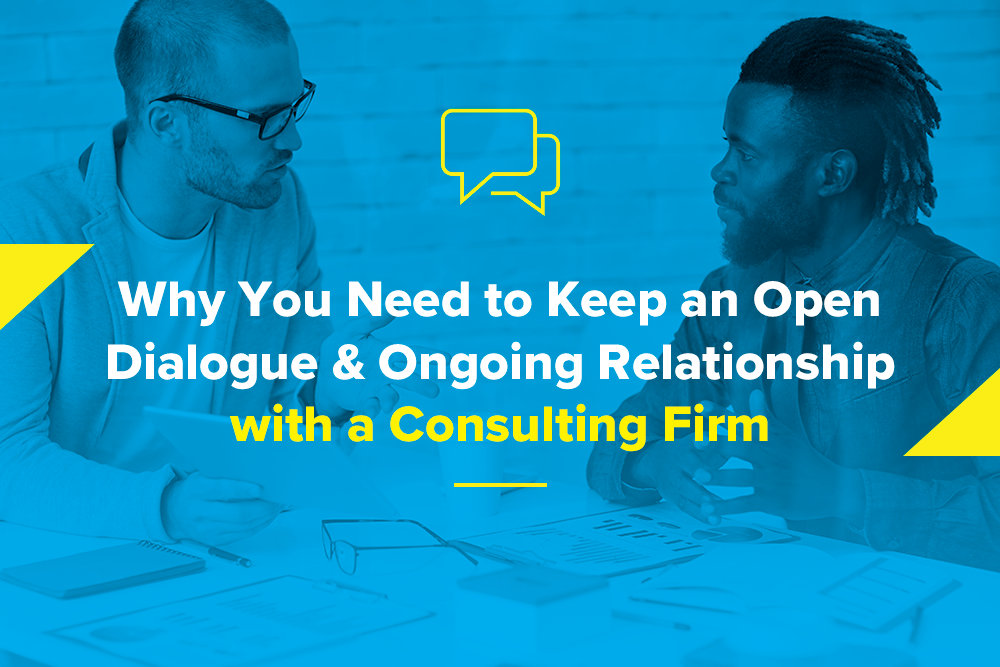
Yes, that might seem like an obvious notion, but you'd be surprised how many companies look at financial advisory and accounting consultants – or at least their relationships with them – as something they can turn on and off like a car. Of course, extending that comparison a bit, if you don't consistently start and drive your car, it will eventually fail to start in the first place, and usually when you need it most. So let's avoid that scenario and look at the many reasons why an open dialogue and an ongoing, strong relationship with a consulting firm will always be in your best interest.
Preparing for the Unexpected
As much as you might try to plan for every possible variable in the marketplace, or even your own operations, there's only so much you can do without a crystal ball. To paraphrase a bumper sticker, things happen, and you're not always in control of the situation or environment.
Unexpected things can and do happen in today's dynamic markets, so having a trusted advisor in an external consultant can be critical in traversing a landscape filled with variables. If that relationship goes stagnant, then it makes a consultant's job that much more challenging to gauge the situation, understand your goals, and help you establish an action plan. Remember our analogy about starting your car? Maintaining an active relationship with a consulting firm ensures that good things happen when you turn the key.
Companies Run Lean
From our experience, many of today's companies have substantial knowledge and experience at the CFO and controller levels but fall off dramatically from there. Companies run lean these days, in terms of both the sheer number of employees and technical capabilities as well.
Because of this trend, organizations often lack accounting guidance talent that can effectively solve problems. Unfortunately, this often adds to the already full plate sitting in front of the CFO and controller. The result is a diluted focus that ultimately leads to inferior problem solving and hampered daily operations, simply from a lack of available time from senior leadership. This is a situation where an existing, healthy relationship with a consulting team can work wonders, letting leadership continue to focus on operations while also ensuring problems are solved and projects effectively executed.
Planning Ahead for Fast Action & Quick Help
Granted, not every turn in the corporate road is unexpected and blindsiding, but that doesn't diminish the need for quick and decisive action. For instance, let's say you're under a massive time crunch to complete a deal to take over some asset. Your private equity investors want you to close the deal in 30 days, and you don't have a transition services agreement. Maybe it's too expensive or the seller can't or won't provide it – either way, you're up a financial creek with no paddle in sight.
Sure, you can rely on your team, but this situation is very much outside of their collective area of expertise. So what do you do? Well, you call in an experienced consulting firm that you trust, have worked with before so they understand your business, and meshes well with your team. Obviously, that's much more difficult to do if you haven't maintained a healthy and communicative relationship with that firm.
Developing Trust
We mentioned something in that previous section that is so important, it deserves its very own subheader – trust. Naturally, you don't want to bring in outside help that lacks the knowledge, skills, and experience to do a fantastic job for you. They need to understand your goals, the project or problem at hand, and preferably speak in your shorthand.
Those traits only come to the surface within an ongoing relationship, and that, in turn, depends on trust. You start with a one-off job with a new consulting firm and, if that goes well, you use them again for another project shortly thereafter. After a series of successful engagements, you develop a trusting relationship with the firm and its consultants organically, relying on them for more significant and substantive projects and problems. Continuing on this path, you ultimately develop an advisory relationship that is integral to your decision-making process. None of that is possible without that indispensable mutual trust, and that only forms within an effective client-consultant relationship.
Avoiding Burnout & Damaged Culture
We already discussed how a company short on staff and expertise could make life much more difficult for CFOs, controllers, and other leadership. However, the senior ranks absorbing the brunt of such a shortage is in no way a given. In fact, despite a particular project being outside a team's knowledge and skill set, many companies still insist on throwing reams of complicated work on the already overburdened shoulders of accounting and finance departments. And that, our friends, is a recipe for disaster.
When an organization piles excessive, complex new projects on a team, it's only a matter of time until those team members start wondering if the employment grass is truly greener on the other side. At some point, turnover will inevitably rise and culture erodes as employees disengage with their work, coworkers, and the company itself. That often starts a chain reaction that raises costs, hurts productivity, and makes for an all-around miserable environment.
Even a single additional project can tip the scales toward employee disengagement, attrition, and damaged culture. If your team is already working 50 or 60 hours per week, a massive project like an IPO could push that to 70 hours a week for an entire year. Work becomes dreary, employees lose time they would ordinarily spend with friends and family, and the quality of work invariably suffers. Alternatively, being able to pick up the phone to call a consulting firm that you already have a solid relationship with can save you countless headaches, frustrations, and beleaguered stakeholders that can quickly grow impatient.
An Industry Expert Sounding Board
In a similar vein, as your network expands and the relationships you form and maintain with others in your industry strengthen, your access to expert advice grows considerably. Now we're not saying to take advantage of a consultant friend by asking them to lunch strictly for advice. However, there's absolutely nothing wrong with relying on industry experts that you trust to bounce ideas off of, maybe as an unofficial sounding board over the course of a lunch or the back nine.
Perhaps you're a CFO that's about to tackle a large project and just have a few questions. Picking a consultant's brain at a happy hour is a convenient and beneficial exercise that is really only possible if you have an ongoing relationship with that consultant, even if it's just over a few beers and tacos. Depending on the strength of that relationship, most good consultants wouldn't mind giving you 15 minutes or half an hour on the phone to discuss ideas with, even if you're not a client. Don't underestimate the power of a solid IPA and carne asada tacos to help you find important answers.
Advancing things further, maybe you'll soon need outside help with a small project and feel it's the perfect time to dip your toe into the consulting pool. By maintaining that relationship, you'll immediately have someone at a firm you trust to turn to. Fast forward a bit and that same consulting firm could very well help your company go public, attract a buyer, or update your systems and controls. The right relationship with the right consulting firm can unlock new levels of success that might not even be attainable otherwise.
Finding the Right Fit for Your Culture
Your company's culture is the fuel to your engine. It powers your people, which, in turn, propels your entire organization forward. A corrosive culture will always, without exception, show up in your bottom line at some point. And that, as we professionals say, is no bueno. To put it another way, every organization, no matter its size or industry, should treat its workplace culture like its greatest asset because it very well might be just that.
But what does culture have to do with hiring a consulting firm? Plenty. Not every consultant or consulting firm will be a good fit for your team and culture. You could hire the most experienced, knowledgeable, skilled, and professional financial consulting group in the history of the universe and still end up unhappy with the results if it's not a good fit for your company, people, and culture.
Let's say, for instance, you’re a tech firm that prides itself on an innovative and relaxed culture. Hiring a consulting firm with the collective charisma of the spare tire sitting in your trunk won't likely yield the positive results that a firm with more bounce in its step and sparkle in its eye would, all other things being equal. This is information you can only obtain from an existing relationship, or at least a distinct familiarity, with a consulting firm. Otherwise, you're walking into the engagement blindly, and that's a risky proposition considering what might be on the line for your company and team.
Everyone Eats Lunch
Most people eat breakfast, and those that don't definitely eat lunch. Or try to get 18 holes in every week or, at the very least, hit a large bucket of balls on the range. The point is, there are plenty of networking opportunities in any given day, it's just a matter of taking advantage of them. By catching up with a consulting contact at lunch, for instance, rather than eating in your office, you're accomplishing two essential things – keeping your blood sugar at respectable levels and focusing on ever-important relationship management with that consultant.
As we've already discussed, you never know when the fates are going to throw your organization a curveball, creating a time when those relationships you cultivate on the golf course or sharing a bite to eat become critical to your success. Put another way, you have ample opportunity to stay in touch with industry experts and other professionals that don't necessarily require much effort or planning. As you extend your network, you automatically expand your mental Rolodex of people, firms, and companies that can be essential in helping you grow, solve a problem, or even strategize for the future.
A Clear Line of Communication
Lastly, maintaining a relationship with a consulting firm means you'll always have a point person to contact in times of need. That point of contact provides you with a clear line of communication that you wouldn't have with another firm where you lack that ongoing relationship. Have a quick question about an upcoming SEC filing, a system implementation, or want to set up another consulting engagement to tackle a project? That's not a problem when you have that existing relationship. Without it, you're going to send an email or leave a message on a general line and hope someone responds in a timely fashion.
Ultimately, we're not saying that you need to invite a consulting acquaintance to Christmas dinner just to keep that critical dialogue going. However, there's something to be said for touching base consistently and keeping those lines of communication open. This is especially true with a firm that you trust, works well within your culture, and gets the job done right the first time. Because when you find such a firm and nurture your relationship with it, you establish a competitive advantage that's tough to beat. And that’s always a very good thing.

